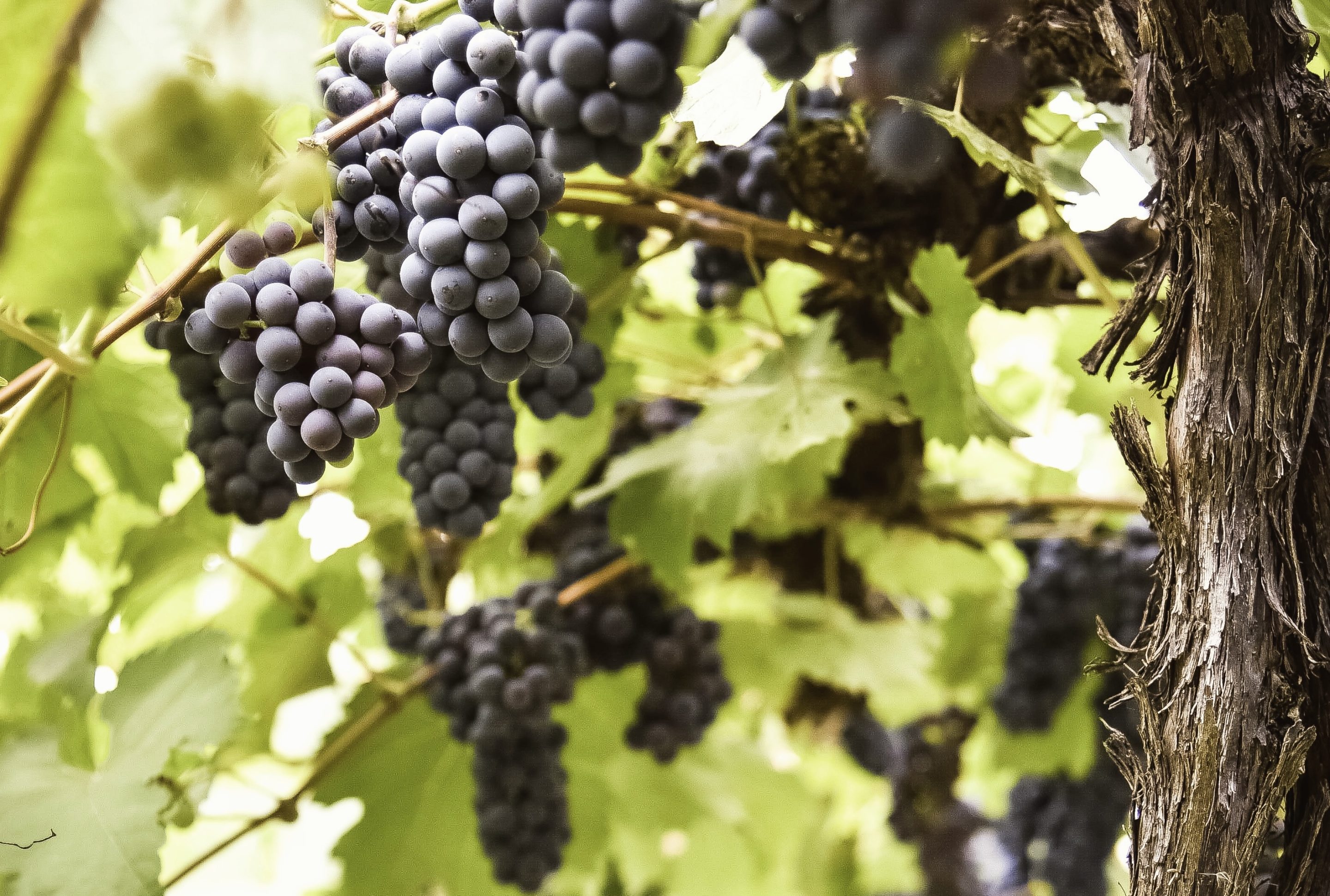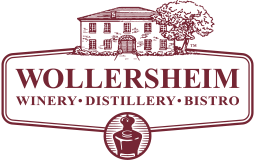SUSTAINABILITY
Rooted in Sustainability
At Wollersheim, agriculture is at the heart of everything we do. Our commitment to the land shapes every decision we make—from how we care for our soil to how we bottle our wines. We believe in giving back to the environment that gives so much to us.
Caring for the Soil
The health of our vineyard starts beneath our feet. To preserve the terroir—the unique character of our site—we use locally sourced organic mulch from just across the river. This prevents waste from entering landfills and enriches our soil.
The mulch slows evaporation, retains moisture for our vines, and helps prevent erosion and topsoil loss. We’ve also begun planting radishes between rows to break up compacted soil and reduce runoff. After harvest, grape skins and stems are composted and returned to the vineyard, completing the cycle.
Using Rainwater Wisely
We’ve repurposed a former wine fermentation tank to collect rainwater from our rooftops. This water nourishes the gardens and green spaces surrounding the winery.
We also use it to manage weeds naturally. A specialized tractor fitted with a boiling water tank delivers high-temperature steam directly to the ground, targeting weeds without harming the vines or soil—eliminating the need for synthetic products.
Experimenting for the Future
In a triangle-shaped vineyard plot, we grow experimental grape varieties to test their resilience to Wisconsin’s climate. Through these trials, we identify low-intervention grapes that require fewer treatments and better support the environment. When necessary, we use organically listed products to protect the vines.
Smaller Packaging, Smaller Footprint
We use lightweight, American-made bottles that reduce our carbon footprint by 60%. In 2018, we also began printing labels locally in Wisconsin, cutting CO₂ emissions by 34%.
Our canned wines and cocktails are portable, recyclable, and efficient to ship—making them a smart and sustainable choice for Wisconsin adventures.
Responsible Forest Stewardship
Oak trees are central to our identity. We use Wisconsin oak for all our barrels, harvested sustainably by partners who share our values. Our stave supplier, located in the Midwest, adheres to environmentally responsible milling practices. We also plant oak trees on our property each year.
Distilling with Purpose
Our distillery sources grains from nearby farms and a local maltster—resulting in authentic Wisconsin spirits with minimal transportation impact.
Once distilled, the mash is collected by a Wisconsin company that collaborates with the DNR and area farmers. The spent mash is transformed into nutrient-rich fertilizer and used to improve local crop production.
A Local-First Bistro
The Bistro highlights locally grown ingredients delivered by nearby farmers—not shipped cross-country. We also invest in premium, upcycled utensils and recyclable packaging. They cost more, but reflect our values and help reduce waste.
EV Charging for Guests
We proudly offer free EV charging for both Tesla and non-Tesla vehicles. Just park, plug in, and enjoy your visit knowing your car will be ready when it’s time to go.
Award-Winning Sustainability
We’re honored to be the recipient of the Syngenta Farmers Award at the International Biostimulants World Congress—recognizing our leadership in sustainable and regenerative viticulture.
For over 50 years, we’ve cultivated vines in a climate shaped by deep freezes, spring frosts, and humidity. Drawing on Philippe’s Beaujolais heritage, we blend traditional winemaking with modern, nature-based techniques to create a more resilient vineyard.
In 2021, Philippe, Vineyard Manager Robby Pertzborn, and Winemaker Céline Coquard Lenerz partnered with Larry Fiene of Planet Earth Agronomy in Black Earth. Together, they introduced biostimulants—natural inputs that improve vine health, enhance soil vitality, and build vineyard longevity.
Our regenerative approach prioritizes the long-term health of our land. We’re proud to be recognized among growers redefining agriculture through science, stewardship, and sustainability.
Along with green practices in the vineyard and cellar, we also do as much recycling as we can on our bottling line and in the winery and distillery stores.



